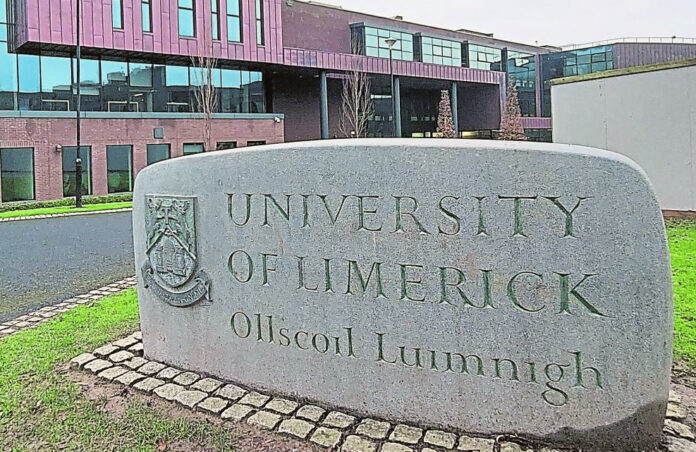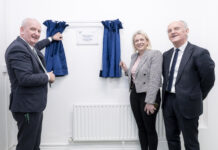
A RESEARCHER at University of Limerick has contributed to a major new international study into sport-related concussion that could change how the traumatic injury is treated.
A group of more than 100 expert researchers and clinicians from around the world, including UL researcher Dr Clodagh Toomey, has concluded that that the best treatment after concussions includes mild-to-middling activity such as walking or stationary cycling rather than rest, as well as a break from screen time.
Based on the outcomes from the international Conference on Concussion in Sport, held in Amsterdam in October 2022, and just published in the British Journal of Sports Medicine, the research is informed by 10 systematic reviews and methodologies outlining the new consensus process. The work took more than five years to complete.
Dr Clodagh Toomey, a physiotherapist and Research Fellow at the School of Allied Health, University of Limerick, was an invited co-author on a systematic review related to ‘Rest and Exercise Early after Sport-related Concussion’, due to her methodology expertise and research carried out while at the University of Calgary.
“We screened thousands of articles in a rigorous systematic review and meta-analysis of studies that that evaluated how rest, physical activity, cognitive activity, exercise, and sleep impact recovery following a sport-related concussion,” Dr Toomey explained.
“From this process we have learned that there is now stronger evidence that light intensity physical activity in the initial two days after a sport-related concussion, such as routine activities and aerobic exercise like walking and stationary cycling, can aid recovery.
“Strict rest after a concussion is not recommended. In addition, limiting screen time in the first two days after concussion can facilitate recovery.
“After the second and up to 10 days following concussion, prescribed sub-symptom threshold aerobic exercise treatment can facilitate recovery, and reduces the incidence of post-concussive symptoms. We also found that any disturbance in sleep appears to impair recovery,” Dr Toomey added.
Other findings from the international research include a series of new and updated age-appropriate tools for clinicians and sports organisations to help them better identify and manage sports related concussion in the short and longer term.
“These findings may change the way clinicians approach their treatment and tailor their advice following a sport-related concussion. As these consensus activities are backed by numerous sports organisations around the world, we can ensure that the latest evidence on concussion reaches coaches and medical teams quickly,” Dr Toomey concluded.








